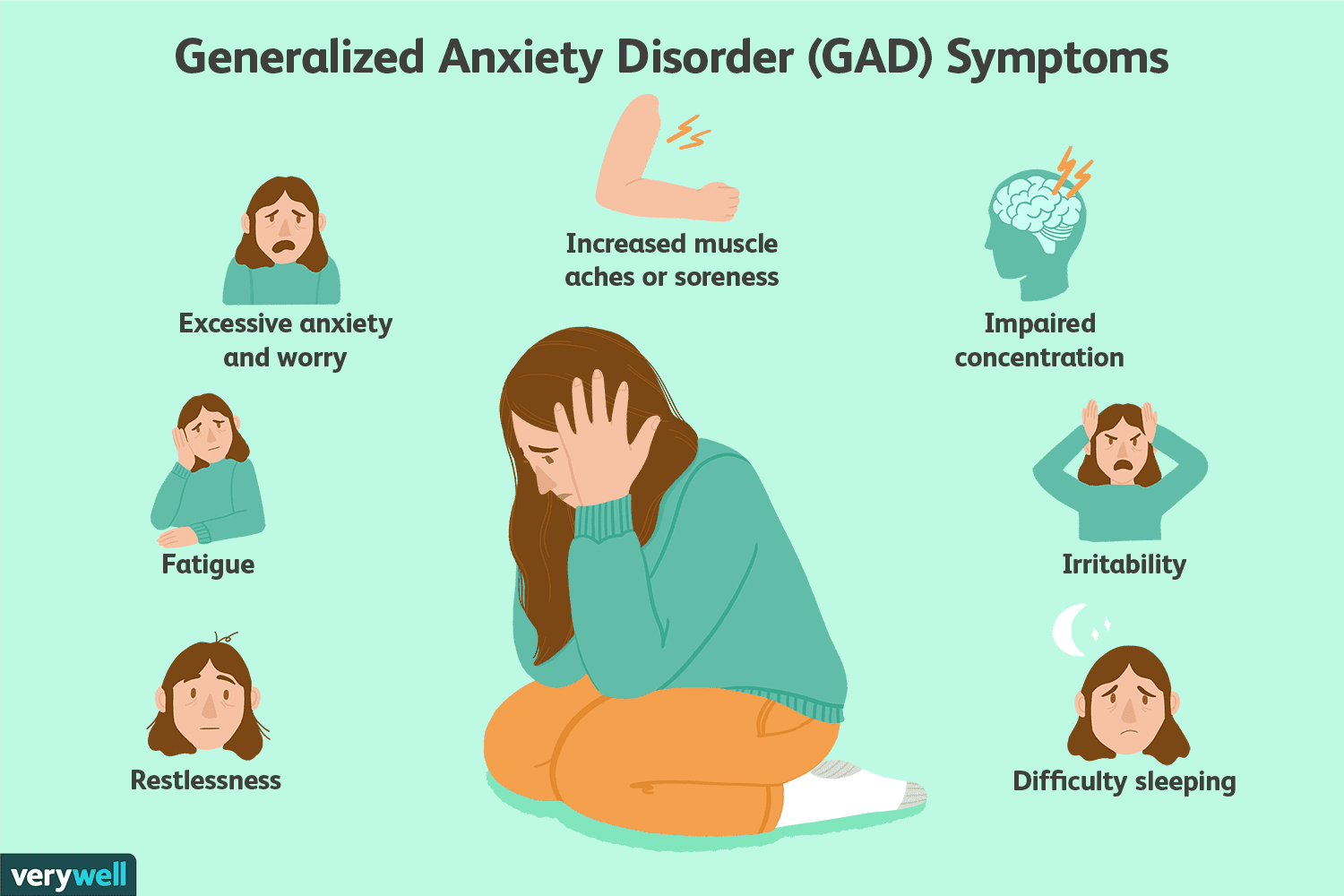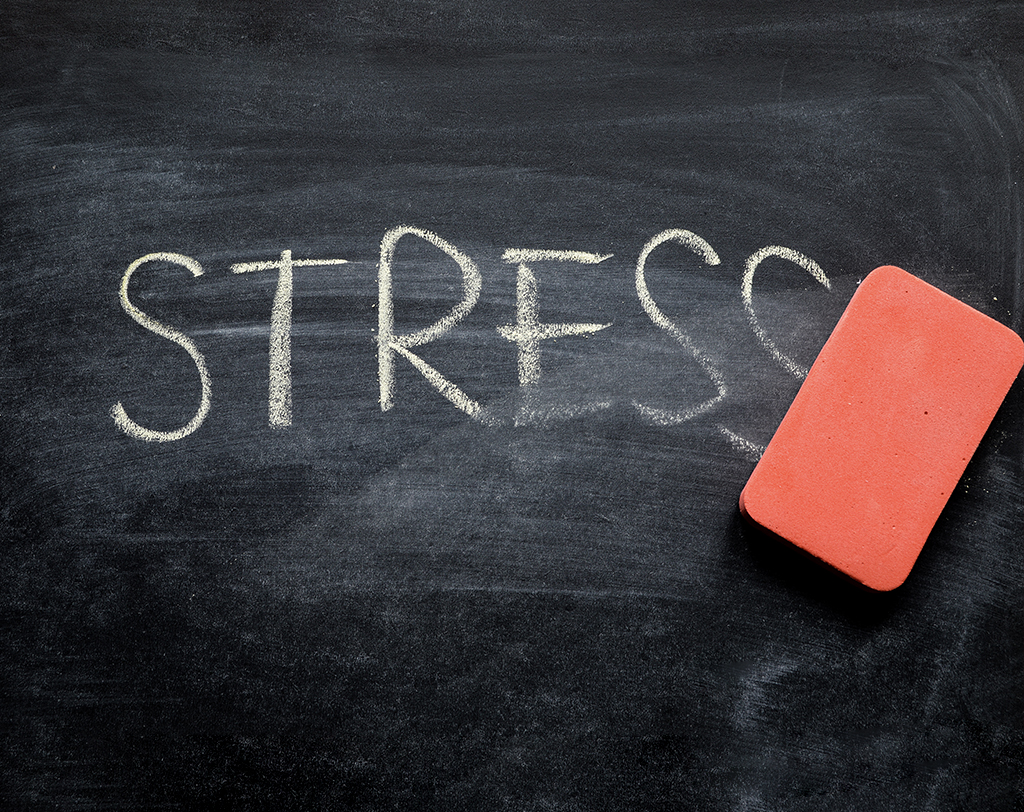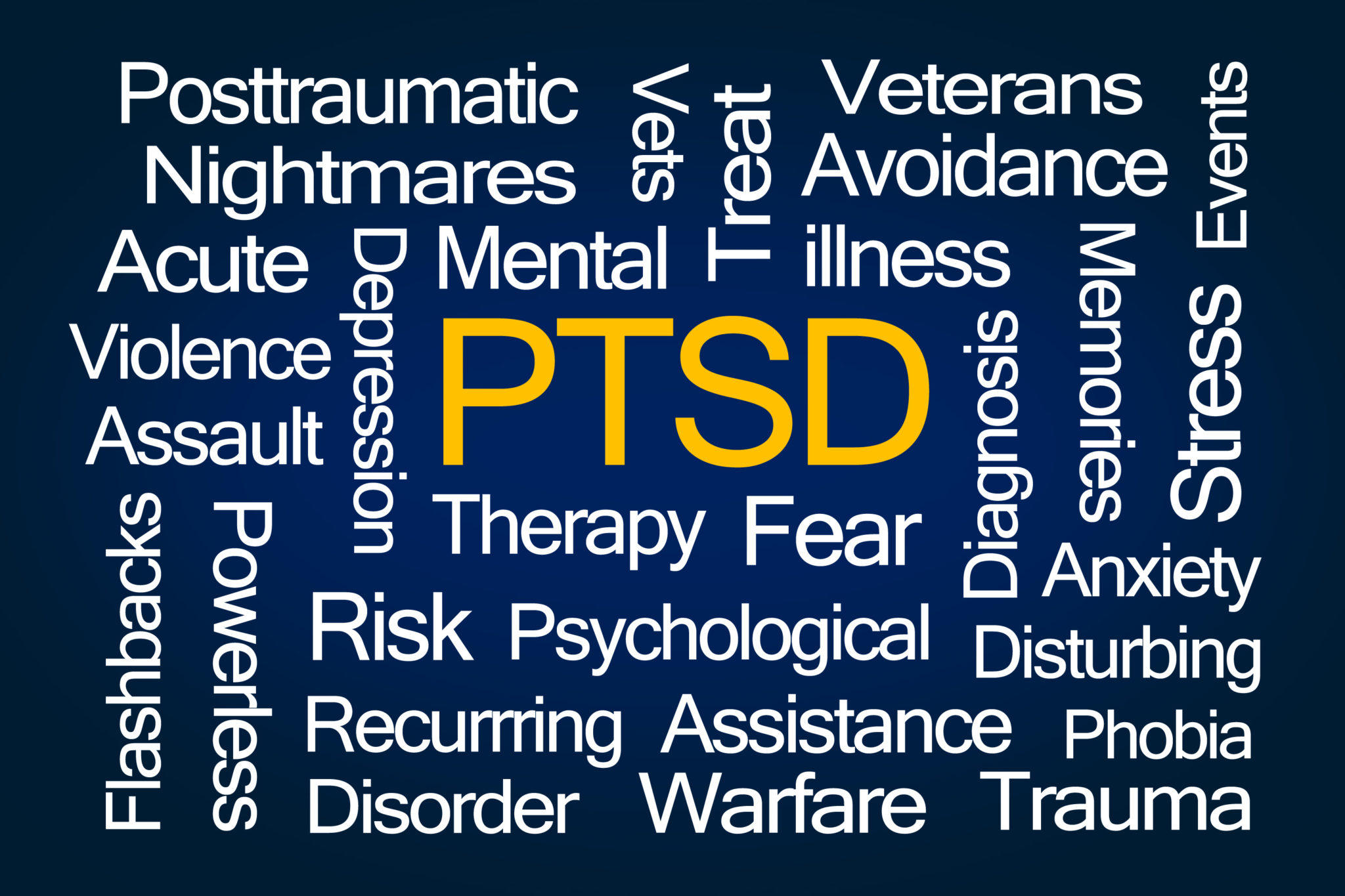



Dillon Kupferschmid Contact Info: E-Mail: dk526a@lab.icc.edu
Log InMoving on from a traumatizing or difficult experience can be difficult, either because of it being a mistake you made, or because of something that happened outside of your control. I'm here to talk about this serious matter. I've been feeling kind of down lately, and it namely has to do with a lot of pent up issues I have dealt with. An important thing to do is to talk to people you know you can trust. You should also try and do things that help you relax, such as playing video games, watching some videos, etc. It is important to make sure you keep tabs on your mental health after a major experience that could be considered traumatizing, as being able to keep yourself mentally and emotionally healthy is an important thing.
| Data Regarding Types of Depression, Anxiety, and Trauma | |||
| Type of Disorder | Percentage of People Affected | Demographic it Primarily Affects | How it Was Handled |
|---|---|---|---|
 | 3.1% of the U.S Population. | Teenagers (13-17) and Young Adults (18-24) | Only about 43.2% of the U.S Population have actually been receiving treatment for GAD, and since it often co-occurs with major depression, it is important to focus on treatment for it. |
 | About 78% of Adults in the World due to COVID-19, and 67% have increased over the course of the pandemic. | Teenagers (13-17) and Young Adults (18-23) | Due to the rise of COVID-19, the stress levels of young adults is starting to increase in many big ways, and most people have not really been able to do anything to help handle their emotions, as most people have been restricted at home these days. |
 | 3.5% of the U.S Population, or 7.7 Million Adults. | Primarily Adults, both Young and Old. Namely can be caused from Childhood Trauma. | A majority of the U.S has been affected by some form of PTSD, and most people usually need to talk to a shrink or therapist to help them with the issues at hand. I talk to a therapist personally about trauma I deal with, but the level of help required can be different based on the level of trauma a person is dealing with. |
 | Affects 2.2 Million adults/1.0% of the general U.S Population tends to be affected by OCD | Typical Ages range around 19, with 25% of cases by age 14, and onwards | Most people can tend to develop OCD at a young age if they tend to do things that are considered oddities for kids , but it doesn't really begin to have prevelence until you reach your teenage years. Teenage years tend to be the major fulcrum point for the development of OCD, and many people don't really notice it until their teenage years. |
Now, these are important to me because I actually deal with most of these things in some way. I have most of these in some way, but my representations of them are seemingly different compared to other people's types. I have grown up with GAD for most of my life, and it is not easy, as I worried much more than most kids my age, making me mature beyond my years, but it still affects me, even now and makes my day to day life hard to live. Stress is also another big thing that comes in spades with me, as I can tend to get stressed out very easy when something doesn't go the way I wanted it to, as I like to feel in control of all of my circumstances, and despite the amount of times people have to me to "just relax", you don't really find yourself being able to do it. I have a slight form of PTSD due to having to look at some of my loved ones laying in a casket after their passing, and a few other things in my life that caused me to experience trauma, especially during my youth, but most of it ended up being self-imposed. And then there's OCD, which is out of all of my symptoms, the worst, as I am an incredibly neat freak and refuse to let anything look either messy, or out of place, causing things to become much more difficult for me to cope with, as I try to keep things as clean and as organized as I can.
Of course, there are indeed other types of mental health problems relating to depression or anxiety, including:
- Panic Disorder
- Social Anxiety Disorder
- Phobias and Fears
- Major Depressive Disorder
Just to name a few. These are all still serious illnesses and thus end up being a problem if you have these as well, but the four listed in the table graph above are the most prevelent and serious conditions of all, and each of the rest listed here are as descriptive as their names are given.
You see, most people deal with these traumas by seeing a shrink/therapist or someone of that nature to talk to. Some people take medication, and others just talk about it. It tends to be a thing that really depends on a person's preference. Everyone has their own ways of dealing with traumas and things of that such nature. Ultimately, people do need just as much help to keep their physical health good as well as their mental, and mental health is a very important thing if you consider that is how people draw most of their actions.
The way I deal with it is much different in some ways. I only really like talking to my therapist and my friends about problems, and I usually just try to relax myself by finding a way to talk myself down from what I'm stressing about, or by watching YouTube, playing video games I know that I'm good at, etc. I have many ways I go about it, but it isn't easy to do alone, which is how I feel most of the time, leading me to running around in circles.
Sources:
General SAD Depression Effects in the Human Population of the U.SOther Project Pages: